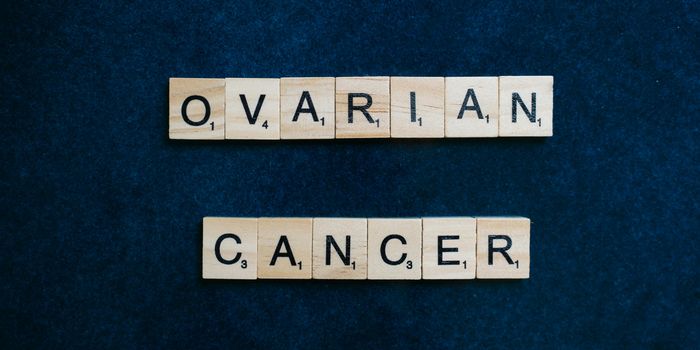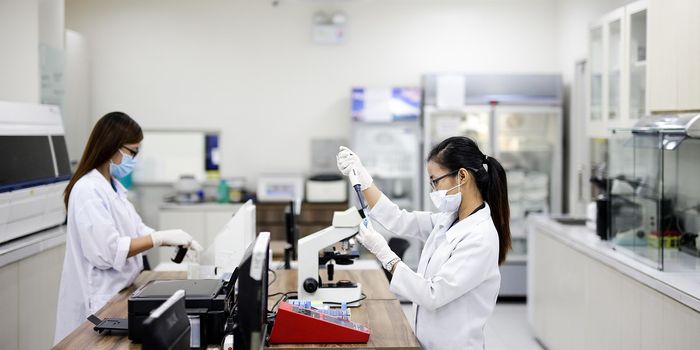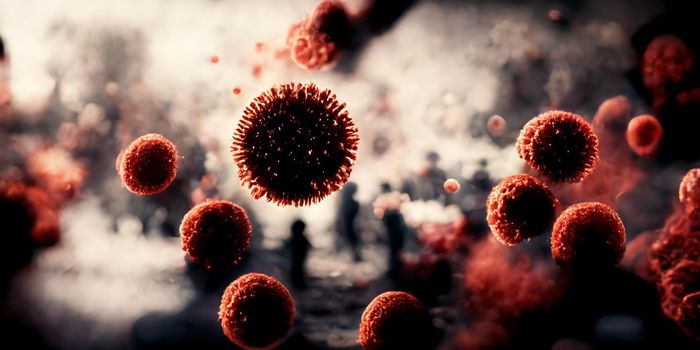Nanocapsules Improve The Delivery of Antiparasitic Drugs
The efficacy of antiparasitic medications highly depends on how they dissolve and are absorbed by the body—limiting the therapeutic potential of traditionally insoluble anti-parasitic drugs.
The chemical structure of Triclabendazole used to treat flatworm infections.
Credit: PLOS
Now, an international team has sought ways to conquer this challenge by developing a new pharmaceutical formula using nanotechnology and nanomedicine approaches. The novel formula will specifically be used to administer the anti-parasitic drug—triclabendazole.
Triclabendazole is used to treat fascioliasis which is an infectious disease caused by flatworms. According to the World Health Organization, an estimated 2.4 million people are infected with fascioliasis. The disease is considered ‘neglected’ because it receives little to no attention and often goes undiagnosed.
Learn more about parasitic infections:
The new formula produces nanocapsules, less than a micron in size, to be loaded with triclabendazole and then bundled together for effective delivery. To bind the drug and coat the oil-core of capsules, researchers used a natural sugar polymer present in the exoskeleton of shellfish as well as the cell walls of some fungi. This polymer is called ‘chitosan’ and will specifically help stabilize the capsule and preserve the drug.
In the nanocapsule from, the drug would be 100 times more soluble than the current tablet form.
"Solubility is a critical challenge for effective anti-parasite medicine. We looked to tackle this problem at the particle level. Triclabendazole taken as a dose made up of billions of tiny capsules would mean the medicine would be more efficiently and quickly absorbed,” explains Professor Goycoolea, from the School of Food Science and Nutrition at the University of Leeds. "Through the use of nanocapsules and nanoemulsions, drug efficiency can be enhanced and new solutions can be considered for the best ways to target medicine delivery."
Source: PLOS ONE








